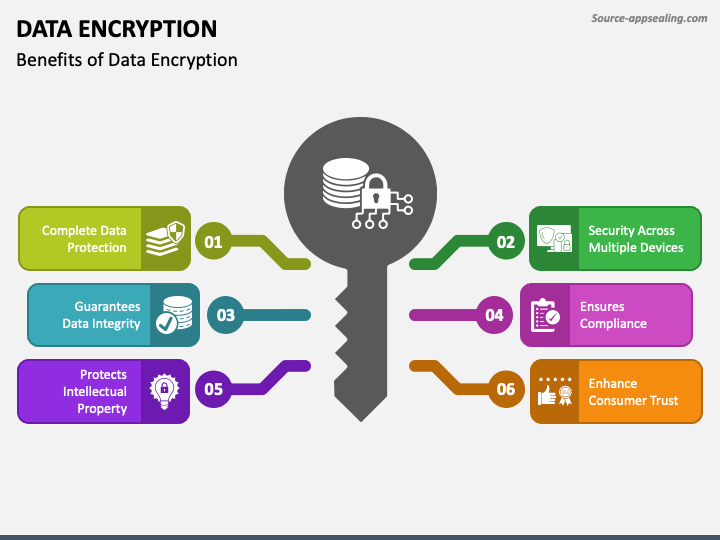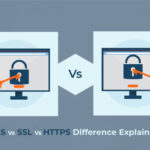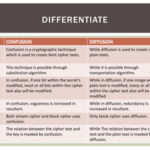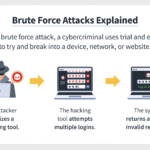In the digital age, where the exchange of information is instantaneous and oftentimes public, the demand for proficient understanding of encryption and decryption is paramount. Cryptography, the art of safeguarding information through encoding, not only protects sensitive data from unauthorized access but also engenders a profound sense of security in a world rife with cyber threats. This fascination with encryption stems from its intellectual challenges and its crucial role in preserving privacy. As such, numerous online resources have burgeoned, enabling eager learners to explore the intricacies of cryptography. Herein lies a comprehensive guide to the best online platforms for diving into the realm of encryption and decryption.
One can commence their journey at Coursera, which offers a myriad of courses tailored to different levels of expertise. The platform collaborates with esteemed universities and institutions around the world, presenting users with access to expertly crafted curricula. A notable course is “Cryptography” by Stanford University, which delves into both theoretical underpinnings and practical applications of cryptography. Lessons encompass a variety of encryption methods, such as symmetric encryption and public-key cryptography. The interactive nature of assignments allows learners to immerse themselves in the subject matter actively.
Another reputable destination is edX. Like Coursera, edX presents an array of courses from prestigious institutions, including MIT and Harvard. Their offerings include “Cybersecurity MicroMasters” which contains specialized modules on encryption technologies. Courses on edX are designed not only to impart knowledge but also to develop critical problem-solving skills relevant to real-world security challenges. This platform resonates with those who seek academic rigor while engaging in practical, hands-on experiences.
For those who thrive in a self-directed environment, Udemy may be the preferred choice. This platform boasts thousands of courses covering a spectrum of topics, including encryption and security. The flexibility it offers enables learners to pick courses based on their interests and availability. One highly rated course, “Learn Cryptography and Network Security,” emphasizes practical implementation and aims to equip students with the tools needed to secure networks effectively. Given the wide array of user reviews, learners can gauge which courses align best with their aspirations.
Transitioning from structured courses, one may explore the realm of specialized websites such as Crypto101. This free online book caters to budding cryptographers, offering an engaging introduction to the subject. The text is filled with illustrations and examples that demystify complex concepts, making the material accessible for novices without sacrificing depth. Furthermore, readers can freely interact with the text through practical exercises, enhancing their learning experience significantly.
Furthermore, the Khan Academy provides an intriguing disseverance into the world of cryptography, showcasing a series of engaging videos that elucidate key principles of encryption. The platform’s succinct approach is particularly beneficial for visual learners who thrive on intuitively grasping abstract concepts. Khan Academy’s promise of gaining a solid foundational understanding before progressing to advanced topics is undeniably appealing.
In addition to traditional resources, there exists an array of online forums and communities dedicated to cryptography. Websites such as Cryptography Stack Exchange serve as platforms for discussion and problem-solving, where experienced users and novices alike can pose questions and share insights. Engaging with a community fosters a collaborative learning environment, allowing users to gain diverse perspectives on varied cryptographic challenges.
Online wikis, such as Cryptography Wiki, offer a plethora of articles encompassing several topics within the field. These wikis act as comprehensive repositories of knowledge. Moreover, they are continually updated by enthusiasts and professionals alike, ensuring that the content remains relevant and timely. The sheer volume of resources available on these platforms presents endless opportunities for investigation and discovery.
The interplay of theory and practice is often best enjoyed through immersive environments, which brings us to TryCryptography. This interactive platform presents challenges that engage learners in real-world scenarios, prompting them to decrypt messages and unravel puzzles. Such experiential learning opportunities can spark an enthusiasm for cryptography that transcends traditional academic settings, giving users the chance to apply their knowledge in a competitive context.
While traditional courses and interactive websites offer structured learning avenues, the rise of podcasts and YouTube channels dedicated to cryptography should not be overlooked. Programs like “Crypto 101” serve as auditory experiences where professionals discuss encryption topics, share insights, and explore current trends in cryptography. Similarly, channels on YouTube provide visual tutorials that range from foundational theories to advanced encryption techniques, serving to engage a diverse audience.
In conclusion, the digital landscape is replete with resources that cater to those captivated by encryption and decryption. From formal academic courses on platforms like Coursera and edX to interactive challenges on TryCryptography and engaging discussions on forums, learners can find an array of approaches to suit their individual preferences. The multifaceted nature of these resources underscores the significance of cryptography in our modern, interconnected world. As security threats evolve, the pursuit of knowledge in encryption will persist, drawing in those who seek to master this esoteric yet undeniably essential skill.









Leave a Comment